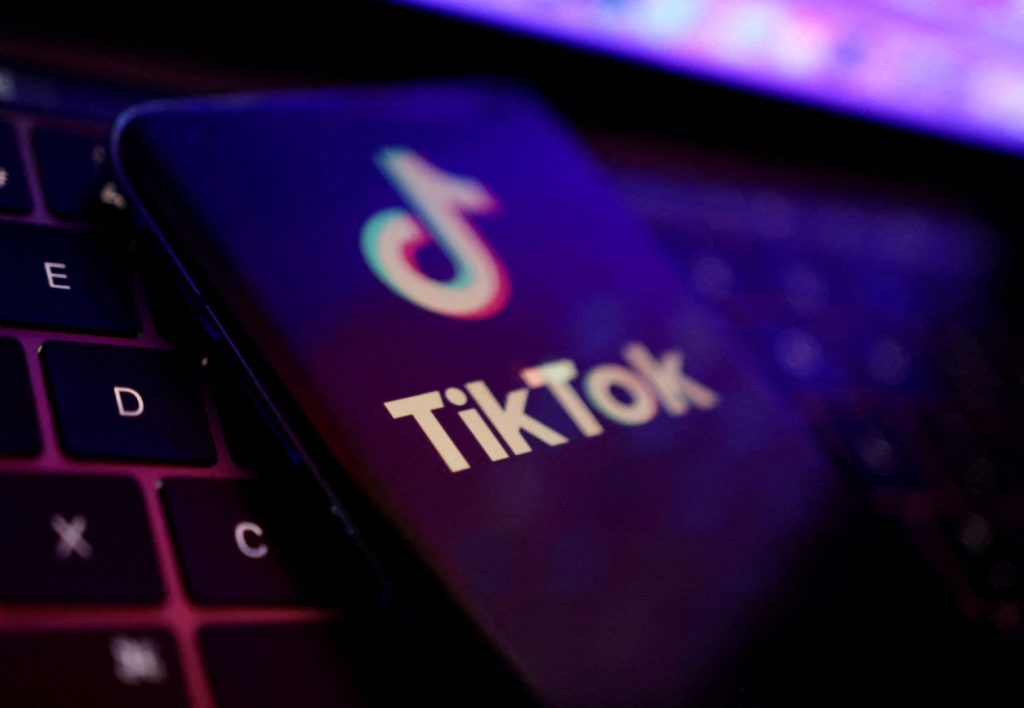Follow-up – Al-Rashid
China denounced the bill approved by the US House of Representatives to ban the “Tik Tok” application unless it separates from the Chinese company that owns it.
Chinese Ministry of Commerce spokesman He Yadong said at a press conference: “The United States must sincerely respect the principles of the market economy and fair competition and stop unfairly suppressing foreign companies, and it must also provide an open, fair, equitable, and non-discriminatory environment for foreign companies to invest and operate in the United States.” .
He added: “China will take all necessary measures to firmly protect its legitimate rights and interests.”
In a separate press briefing, Chinese Foreign Ministry spokesman Wang Wenbin said that the US vote “contradicts the principles of fair competition and international economic and trade rules,” noting that “if so-called national security justifications can be used to arbitrarily suppress excellent companies from other countries, then there is no “For fairness and justice at all.”
He added: “When someone sees something good in another person and tries to take it for himself, this is exactly the logic of bandits.”
For his part, former US Treasury Secretary Steven Mnuchin announced on Thursday that he will form a group of investors to acquire TikTok from the Chinese company that owns it as soon as the draft law is passed.
Mnuchin told CNBC: “I think the legislation should be passed and I think TikTok should be sold. It should be owned by an American business… The Chinese would never accept letting an American company own something like this in China.”
Yesterday, Wednesday, the US House of Representatives overwhelmingly approved a bill forcing TikTok to separate from its parent Chinese company, under penalty of being banned in the United States.
352 representatives voted in favor of the proposed law and 65 against it, in a rare moment of consensus between the Republican and Democratic parties in Washington.
The bill still must be approved in the Senate, where it will undergo more stringent testing before it becomes law.
While those in charge of Tik Tok have repeatedly denied that the application is under the authority of the Chinese Communist Party.


